How to Fall Asleep Faster, According to Powerful Women
Want to know how to fall asleep? Ask women—the ultimate balancers of busy schedules. We asked well-rested women with busy schedules, “Literally, how do you sleep at night?”
Like getting skin-care recommendations or negotiating tips, crowdsourcing how to fall asleep is an opportunity to learn from smart women. We reached out to women whose work is sleep-adjacent—sleep researchers, a PJ-company CEO, women who work at night, sex and wellness educators, and even a dream interpreter—to gather their best practices for peaceful, uninterrupted sleep so you’ll never have trouble sleeping again.
Re-create your most sleepy place.
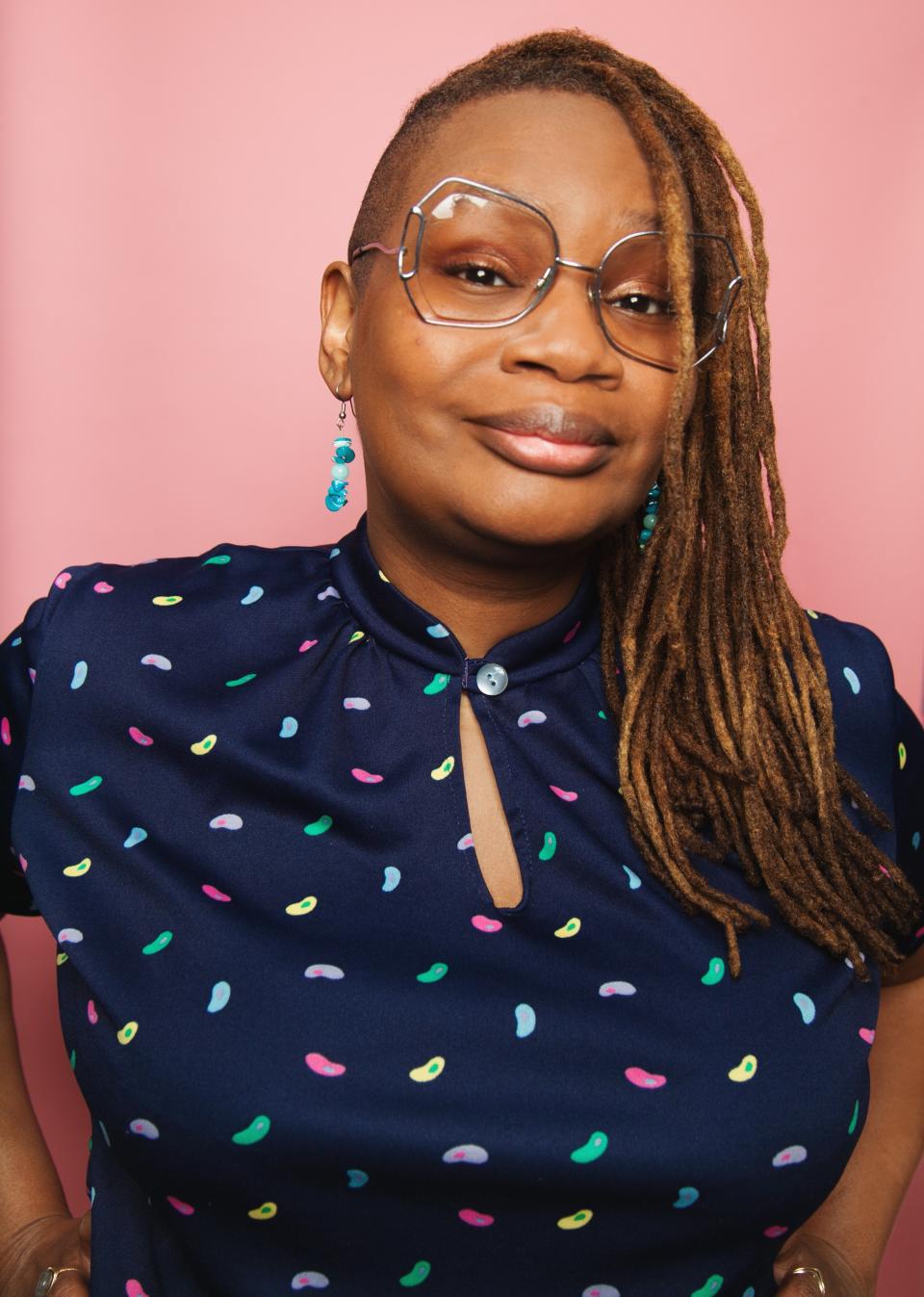
I do stand-up while also maintaining a day job, so I’m usually pulling 12- to 14-hour workdays. After months of being the grumpiest comedian on the Eastern Seaboard, I decided to get serious about my z’s by attempting to re-create the space where I sleep the hardest. Unfortunately, I wasn’t able to install a hair salon sink in my room and hire someone to massage my head for six hours a night. On to plan B: I got a mattress pad so it would feel like I’m stretched out on a lumpy li’l cloud. A space heater or electric blanket, because I’m always cold. Saline nasal spray on my nightstand, because my space heater or electric blanket dries me out. An oil diffuser and some essential oils—I’ve stumbled upon a soothing combination of floral and citrus scents. And most important, a playlist that’s for relaxation. They usually have titles like “Sleep” or “Deep Sleep” or “Girl, You Ain’t Sleep Yet?” Once I set up everything, all I have to do is turn off my lights, do a deep-breathing exercise to clear my head, think to myself, This breathing thing isn’t working, and wake up five to six hours later! —Shalewa Sharpe, comedian, Two Dope Queens, The New Negroes
Try ASMR.
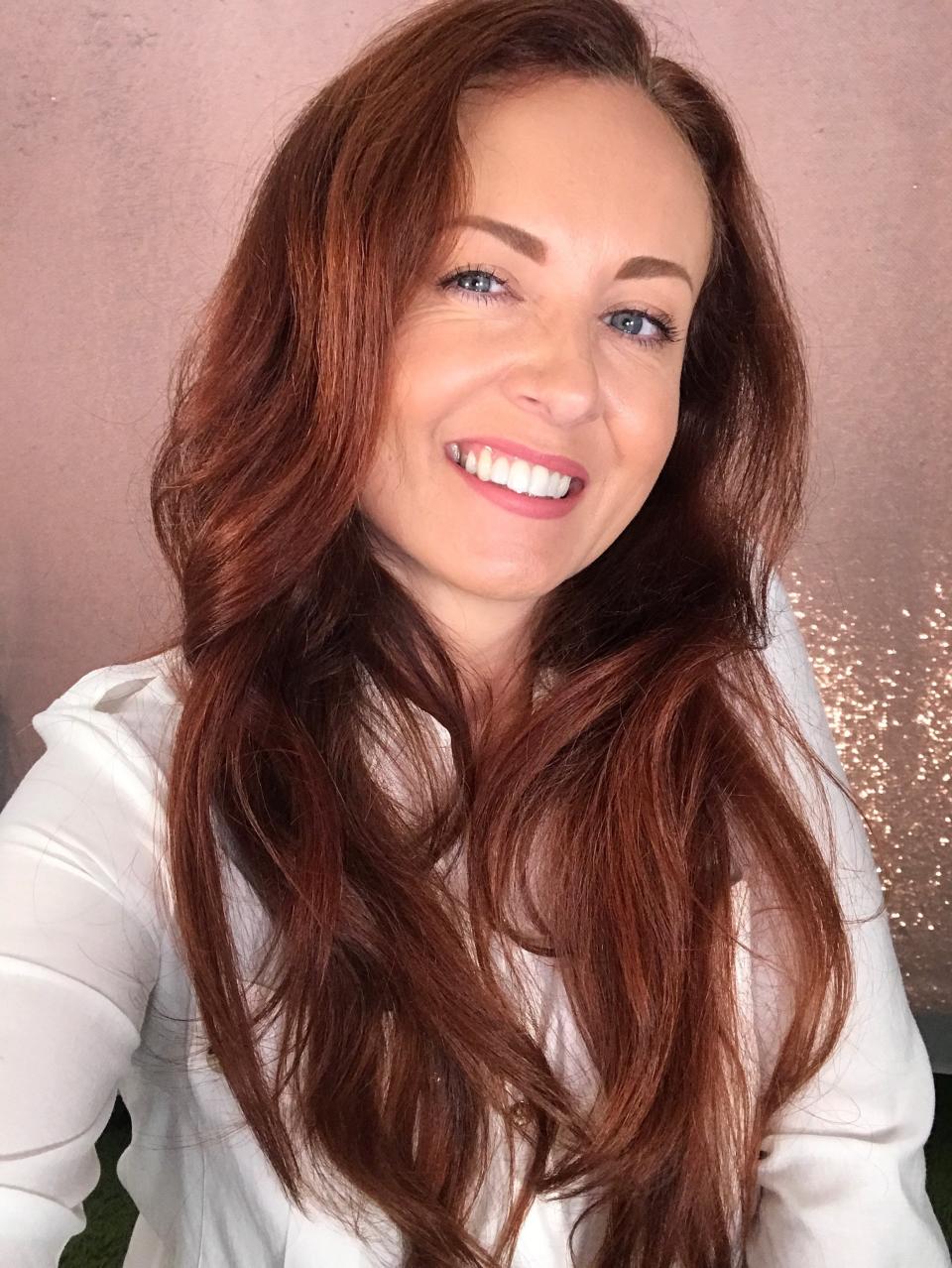
I usually have an ASMR [autonomous sensory meridian response] video playing on my phone off to the side while I’m taking off my makeup. I’ll get into bed and perhaps watch an old favorite video from an ASMRtist who’s quite nurturing, usually someone I feel I have a connection with. And then, when I start to feel sleepy, I turn off the sound and fall asleep. It’s often your mind that keeps you awake, and if your nervous system is running high due to a busy day and busy mind, your body’s natural sleep drive doesn’t kick in or we ignore it. There’s a lot of talk of self-love going on at the moment, and in this sense it’s very practical. I feel self-kindness, forgiveness, and gratitude all lead to stillness.” —Emma Smith, aka WhispersRed ASMR, author of Unwind Your Mind
Accept that you are worthy of rest.
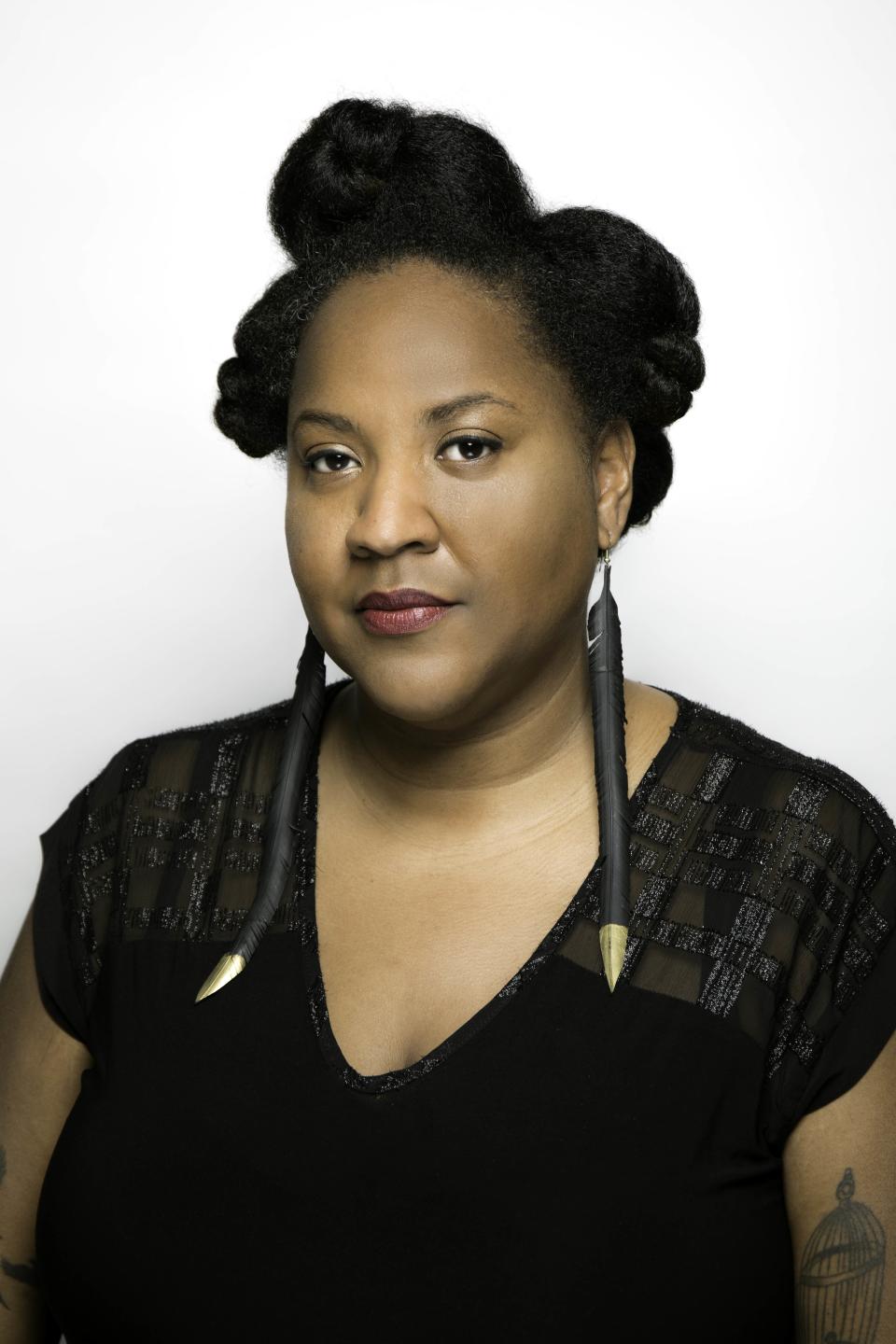
We need time to daydream, cultivate silence, and wind down for deep rest and sleep. One of the best practices that will lead to good sleep is to believe that you don’t have to earn rest and that you are worthy of quality sleep and care. Our culture has socialized us to believe that constantly producing and being busy is the way we achieve our worth. When we can deprogram from this false belief, then rest, naps, and nighttime sleep will be deeper and connected. —Tricia Hersey, founder of The Nap Ministry
Focus on pleasure.
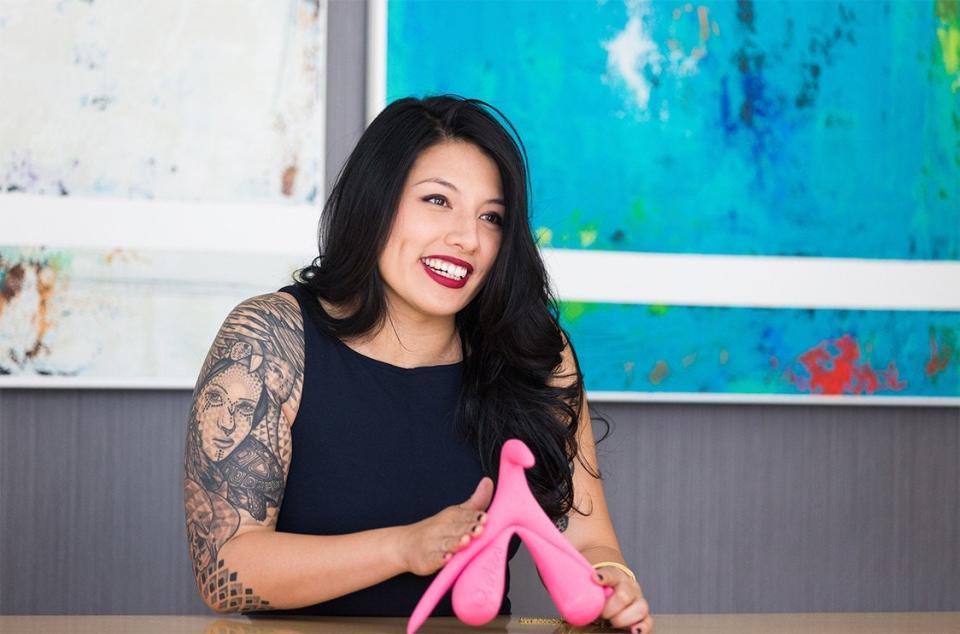
As a CEO, I find it’s hard to ever stop thinking about everything that needs to get done. Getting off before bed not only routes your brain away from work; it decreases stress and improves sleep latency, i.e., how quickly you fall asleep. All bodies are different, so there’s not a specific product I’d recommend, but I’d suggest looking for something like a Vesper that’s quiet and can easily travel. There’s nothing worse than insomnia in a strange hotel. A good night’s sleep is crucial for success, so you could even look at a vibrator as a business investment. —Andrea Barrica, founder and CEO of O.School
Try breathing exercises.

I find that doing deep breathing and breath retention really helps me fall asleep. I take a small inhale and hold for 4 to 12 counts, then I release slowly. If I do a few of these, I usually pass out right away. Another incredible trick is listening to guided meditations. This can be very soothing, especially if the voice is one that lends itself to calm. —Biet Simkin, author and spiritual teacher
Establish a routine.
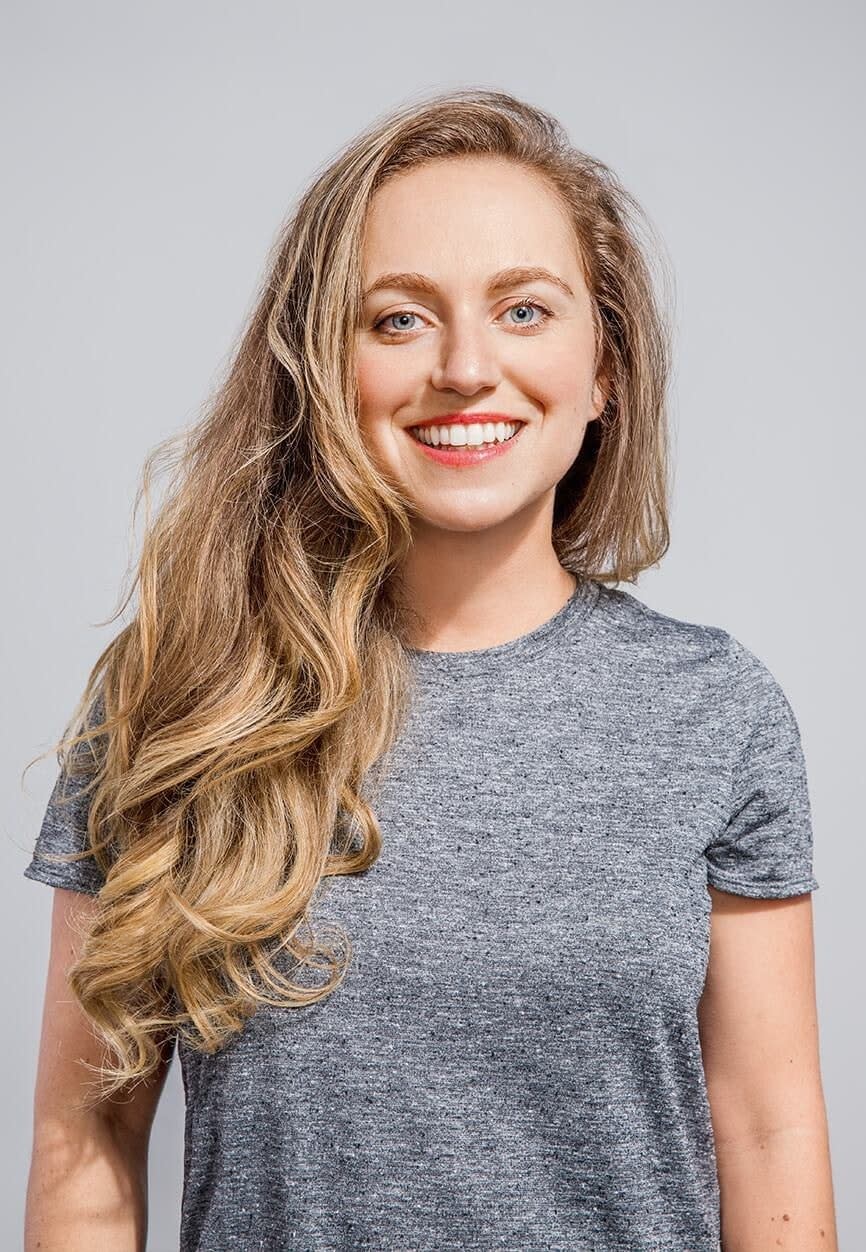
My phone goes into airplane mode at least 30 minutes before my anticipated bedtime to disconnect from any blue light. I also don’t eat at least two hours before bed to let my digestive system rest. And finally, I take my Ritual vitamins, which contain magnesium, at night before bedtime. —Katerina Schneider, CEO and founder of Ritual
Unwind with oil.

Three letters—CBD. Lord Jones Royal Oil has completely helped my sleep routine. If I’m having trouble sleeping after a long day, traveling, or simply need to unwind, it is my go-to. —Jen Gotch, founder and CCO of Ban.do and author of The Upside of Being Down
Know that your sleep issues have a greater context.

From my research, it appears that in understanding sleep problems, we might have to look beyond the mere problems themselves—i.e., difficulties falling asleep, staying asleep, or waking up too early—and expand our focus to other characteristics that may be important in the development and maintenance of insomnia: personality traits, life history, worrying and ruminating, and even the experience of happiness. We found that people’s sleep problems are the same—it is actually the context in which their sleep problems are developed and maintained that differs. So when we consider insomnia, we need to think of it in the broader contexts of our lives. —Tessa Blanken, neuroscience, sleep, and cognition researcher
Follow three easy rules.

As a trauma surgeon who can work up to 100 hours in a week, I know that creating good sleep hygiene is a must. Three of the quickest and easiest ways to get a better night’s sleep: putting down the phone, putting down the wine glass, and picking up an eye mask. Screen time does worsen your quality of sleep by decreasing melatonin production. Second, alcohol. I know, I know, it might make you feel like you sleep better, but intake of alcohol within two hours of going to sleep drastically worsens your quality of sleep—it significantly reduces or blocks REM sleep, which isn’t just about dreaming; it is actually about mental restoration. Third, although it might seem dark in your bedroom, there is often enough light from a variety of sources to decrease melatonin production. Blackout shades are great but aren’t exactly portable. Eye masks come in a variety of shapes, materials, and styles that won’t crush your eyelashes but will allow your body to produce more melatonin, and a great night’s sleep. —Jamie Coleman, M.D., trauma surgeon (she’s doing a study sleep-tracking surgeons right now!)
Seriously, avoid blue light.
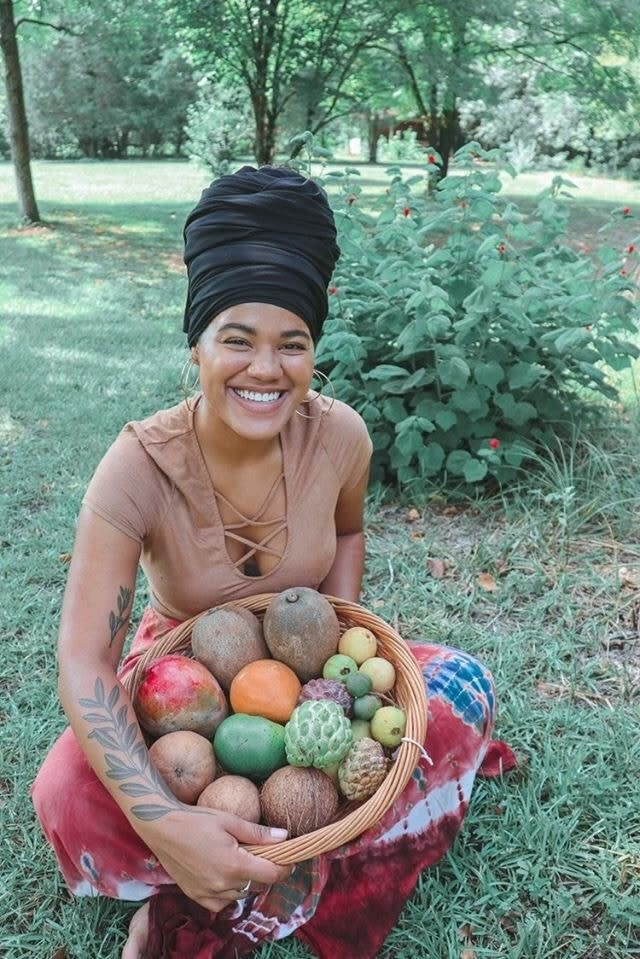
My sleep has transformed since I began to consider the effects that blue light has on our melatonin production as humans. Think about our ancestors—they rose with the sun and slept when the sun went down. There was no electricity for artificial lights, so fire was the only light source. When we stare at our TVs, laptops, and phone screens after the sun has gone down, our eyes are letting in the blue light from our devices, which is similar to the full-spectrum light we receive from the sun. Studies have shown that nighttime blue-light exposure confuses our bodies into thinking it is daytime, causing our melatonin production to decrease, which makes for a less ideal night’s sleep. If I absolutely must look at a device two to three hours before bed, I wear blue-light-blocking glasses. —Veladya Chapman, holistic nutritionist and reproductive health guide
Don’t fight yourself.
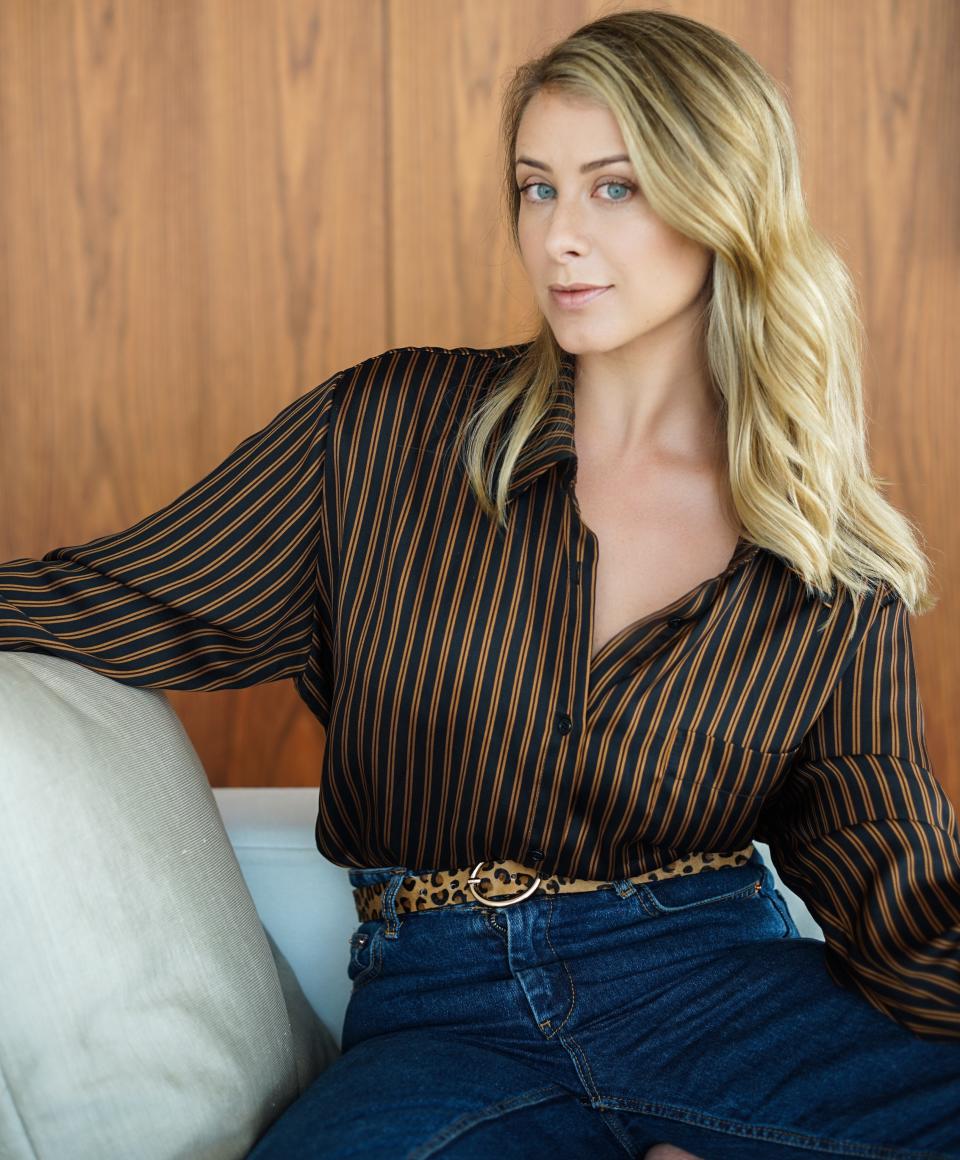
I learned a few years ago to help myself when I can’t get to sleep, instead of continuing to lie in bed wide awake. I get up, have a small snack, take an herbal supplement that helps relax the mind and body, like Love Wellness’s Lights Out, and then read a book until I get sleepy. Works every time! —Lauren Bosworth, reality star and founder and CEO of Love Wellness
Take a four-pronged approach.

I have four tried-and-true tips that have worked very well for me: (1) CBD oil (I get mine from Hempworx) an hour before bedtime. (2) A sound machine—it’s just a constant, comforting “shhhhh.” I take it with me when I travel, and I cannot fall asleep without it. (3) A cold room. For me, the cold allows me to wrap up tight in my blankets and feel swaddled like a baby. (4) Journaling about my day. When I journal, I can get all my anxious thoughts out of me so they don’t keep me up at night. Writing down and sorting out my thoughts like this also ensures my dreams will work on the issue for me while I sleep! —Lauri Loewenberg, professional dream analyst
Hack your own sleep system.

Use your own natural melatonin. How do you do that? By avoiding light in the last half hour to hour before bedtime. Of course, complete darkness may be hard to achieve, but dim the light on your phone or computer and turn off any extra lights in the room in the final hour before bed. Avoid watching tense movies, reading cliffhangers, checking work emails, or engaging in emotional “chats” before bed too. You’ll fall asleep faster. —Rebecca Spencer, neuroscience professor
Create a soft environment.

Pillows. Lots of them. I put them around my body in a crescent shape, place them between my knees, and hug them in my arms. I find this to be a great way to evenly distribute weight and sleep well without any pain points. Second thing—light tells your brain it’s time to wake up. Try for a completely dark room, and if you can’t make that happen, opt for a sleep mask. —Ashley Merrill, CEO and founder of Lunya
Sleep like a baby.

My best advice for new parents is to get sleep, for you and your baby, in any way that works in the first several months. The idea that you are going to create bad habits that can’t be changed later is really a myth. I know I have a pattern that I follow to go to sleep at night—white noise, sheets pulled tight, hair off my neck. Babies have these too. These rules apply to adults, as well. Consistency at bedtime helps babies—and everyone else—get better sleep. —
Macall Gordon, researcher and pediatric sleep consultant
Jenny Singer is a staff writer at Glamour. You can follow her on Twitter.
Originally Appeared on Glamour

